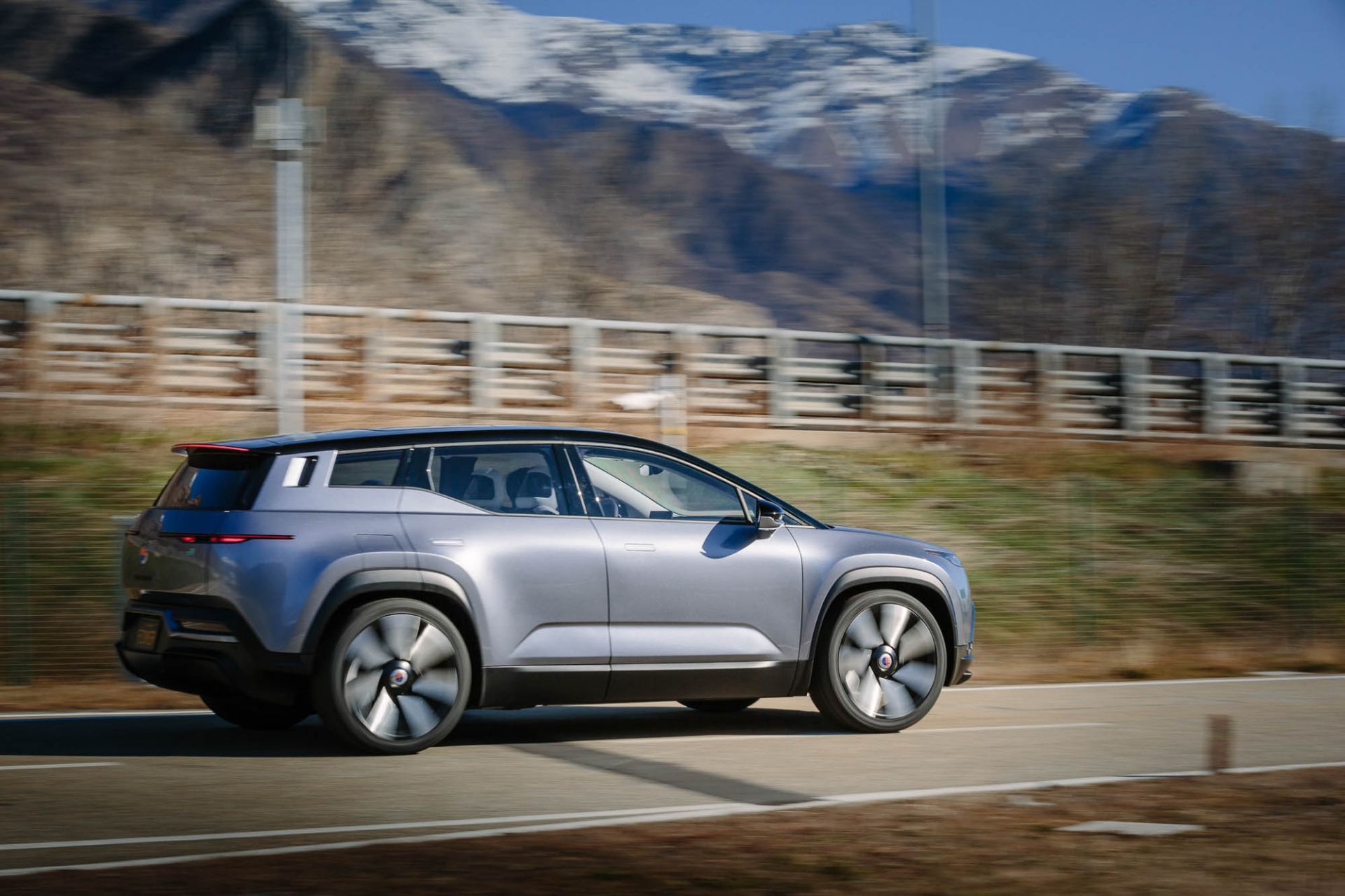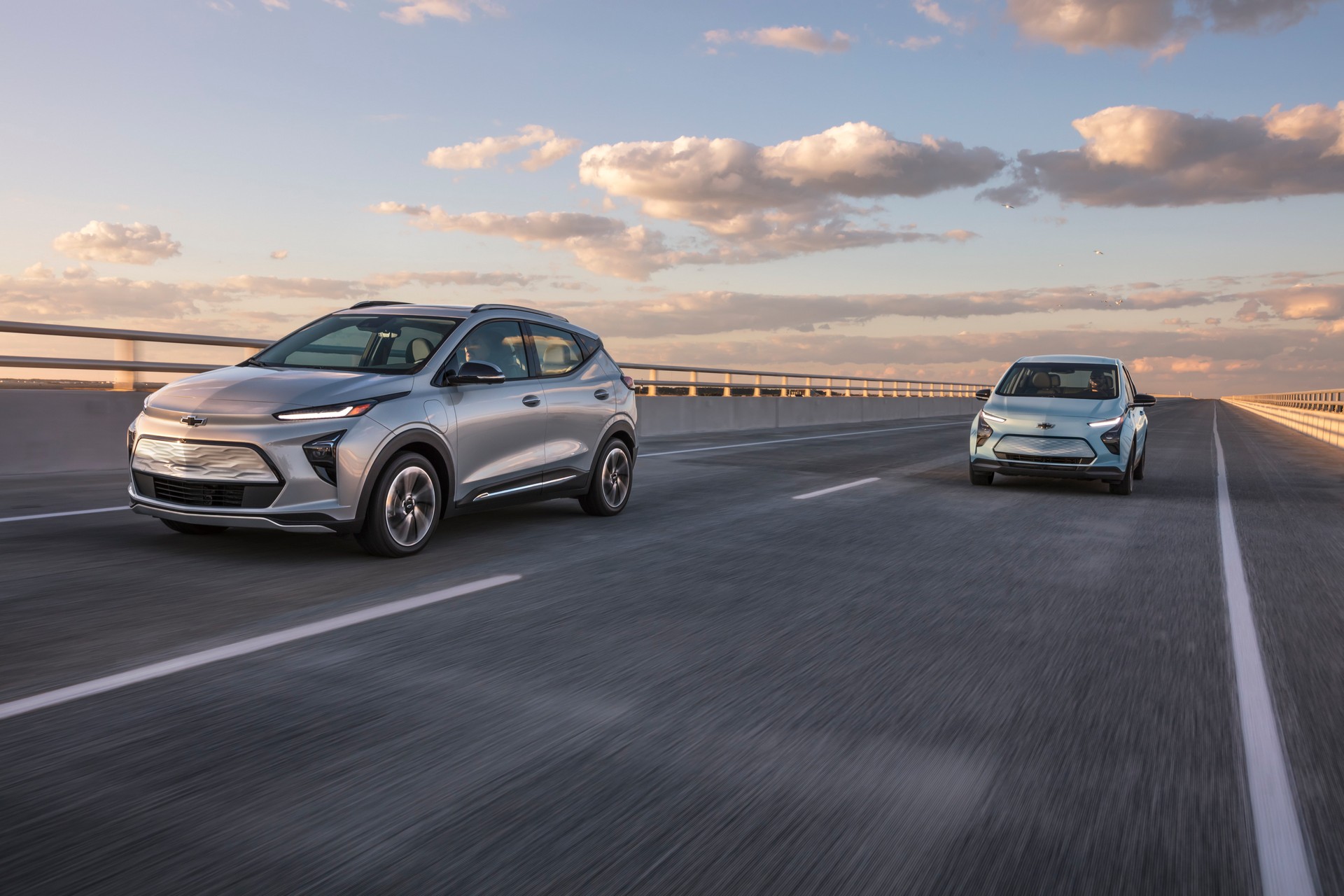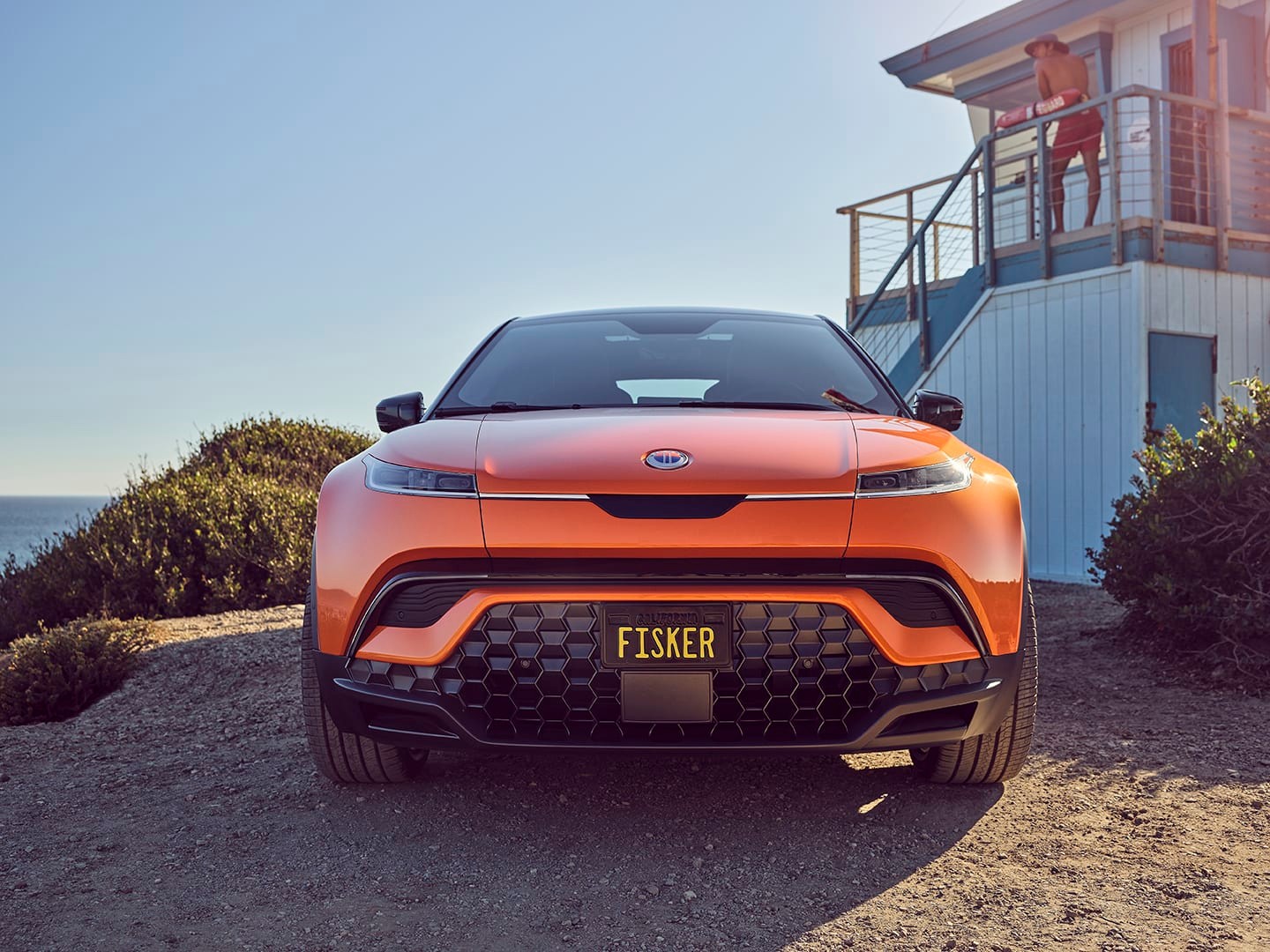There’s been a lot of talk about EV tax credits as President Biden’s American Jobs Plan calls for $100 billion in incentives for people who purchase electric vehicles.
The specifics haven’t been hashed out and it’s simply a proposal, but a number of stakeholders have been asking for changes to the current $7,500 tax credit.
The latest is Henrik Fisker who has unveiled his “75 And More for 55 And Less” proposal in a LinkedIn post. In it, the executive says “We are witnessing a rapid and sweeping change in mobility” and “it is imperative that America stays ahead in the race for BEV technology and development.”
Also Read: GM Calls On U.S. To Modify EV Tax Credit So They Aren’t “Penalized”
Fisker then lays out his proposal, which would see the current $7,500 incentive increased by an additional $10 for every mile of range an EV has. As an example, the Ford Mustang Mach-E RWD with the extended range battery has an EPA-estimated range of 300 miles (483 km) so it would be eligible for $7,500 as well as an additional $3,000. The proposal also calls for the money to be applied at the time of sale and available only to electric vehicles that cost $55,000 or less.
Fisker went on to criticize the current tax rebate, which has largely “served to reward affluent early adopters with the motive and the means to purchase the latest technology.” As a result, he believes the next round of subsidies should encourage automakers to develop more affordable electric vehicles while also incentivizing mainstream consumers to purchase them.
Interestingly, the executive came to the defense of General Motors and Tesla whose vehicles are no longer eligible for the current $7,500 rebate. As he said, “Buyers of more affordable BEVs from some companies are no longer eligible for the federal tax credit, just as the industry is on the cusp of offering even more appealing mainstream vehicles to the masses.”
While Fisker would benefit from the changes, he contends “these incentives are not about promoting one company” but rather “about keeping America at the forefront of innovation and creativity worldwide while maintaining our domestic independence from imported sources of energy such as foreign oil.”
That being said, Fisker took the opportunity to plug the Ocean which is set to be launched in the fourth quarter of 2022. He also noted the company is working on an electric vehicle that will cost less than $30,000 and arrive by the end of 2023.











